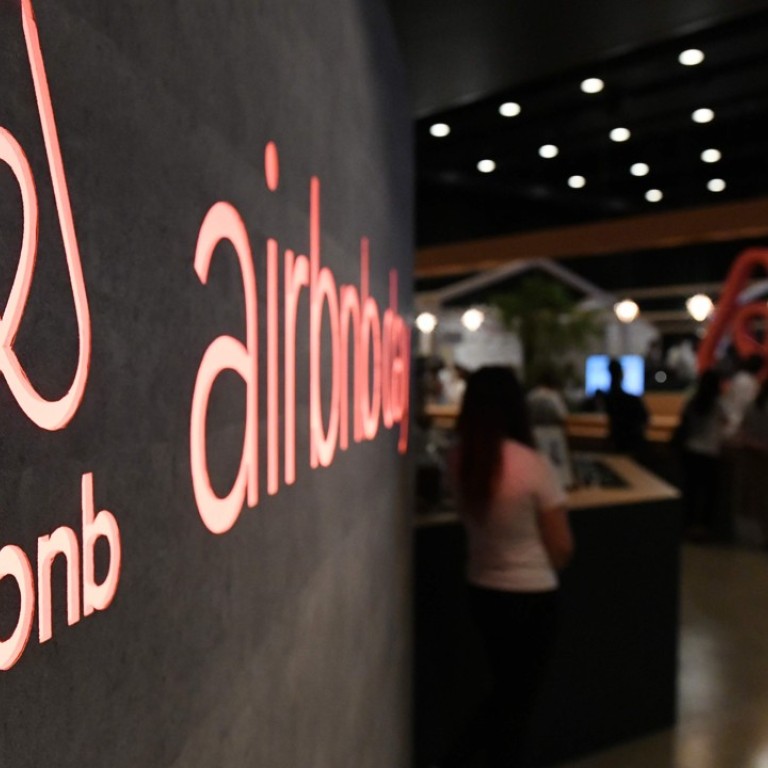
Airbnb: the first 10 years – start-up to unicorn to US$30 billion business
When a pair of San Francisco roommates decided to make rent money by offering air mattresses to strangers needing lodging, little did they know they would create a multibillion-dollar industry. A bite-size history of Airbnb
A decade ago a pair of San Francisco roommates decided to make rent money by using air mattresses to turn their place into a bed-and-breakfast when a conference in the city made hotel rooms scarce.
3 reasons why China’s viral video app Douyin is not good for luxury brands
The brainwave led to the creation of Airbnb, a start-up now valued at more than US$30 billion which boasts millions of places to stay in more than 191 countries, from flats and villas to castles and treehouses. Here’s a look inside a star of the sharing economy which has sent tremors through the hotel industry, and some of its ups and downs.
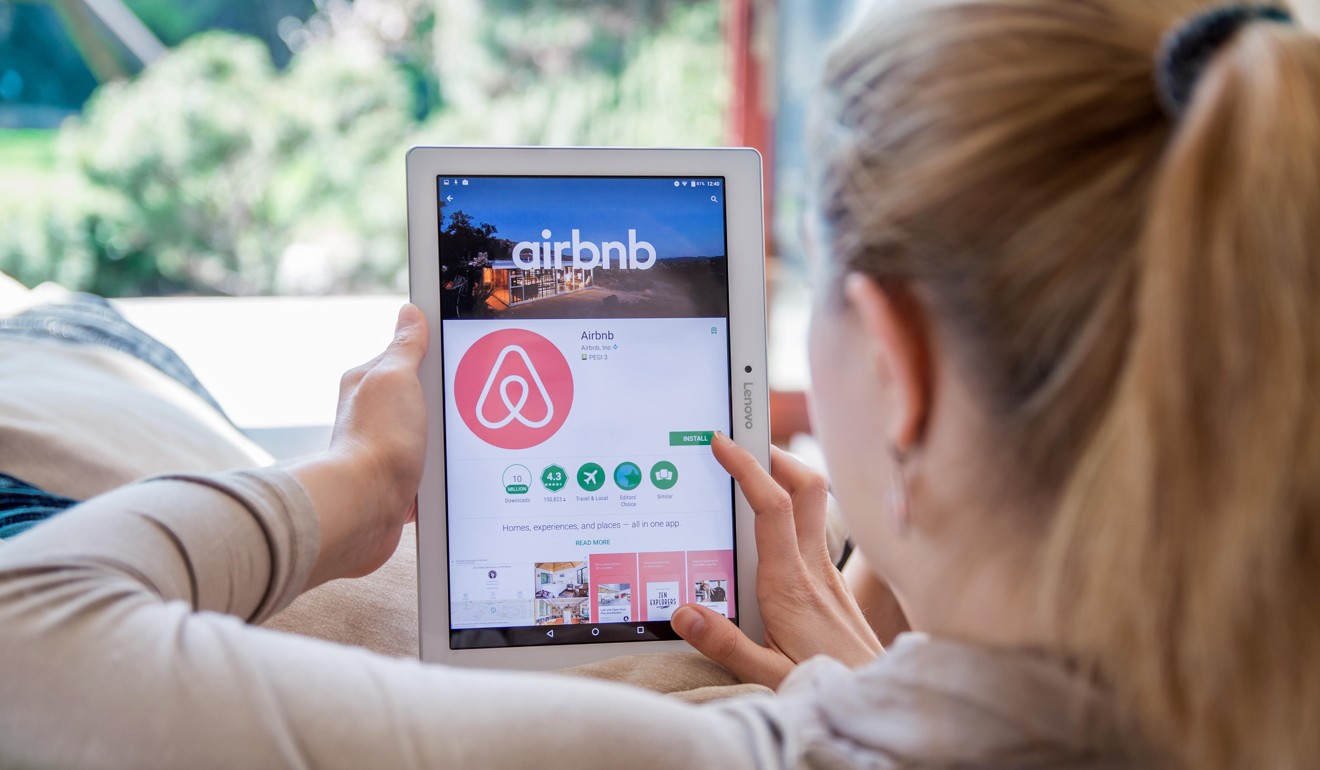
Humble beginnings
In late 2007, with hotel rooms selling out due to a design conference in San Francisco, Brian Chesky and Joe Gebbia decide to make some extra money to help cover the rent in the flat they share, by using air mattresses to turn it into a bed-and-breakfast.
A third former roommate of theirs, Nathan Blecharczyk, then teamed with Chesky and Gebbia in a venture they call “Air Bed and Breakfast,” launching a website in August of 2008.
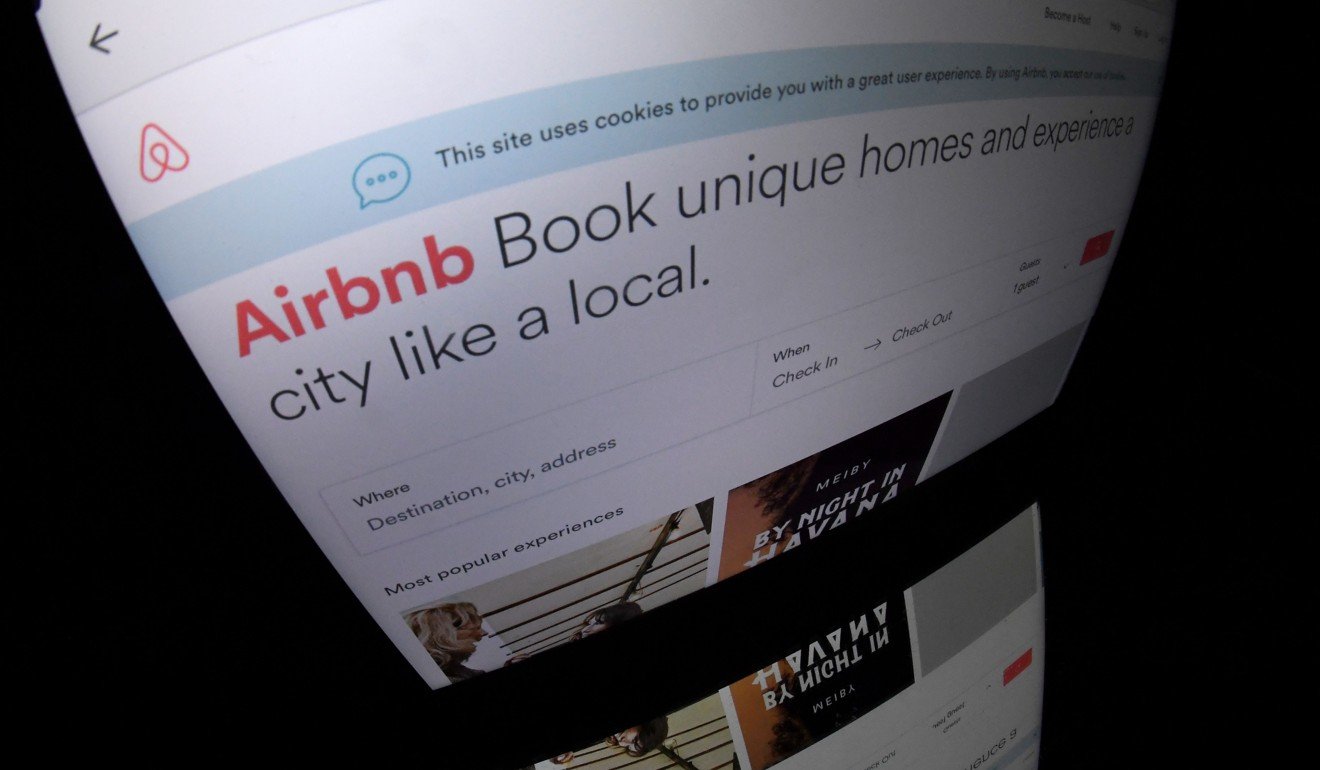
Struggling to get the business off the ground, the start-up founders staged a quirky stunt at the Democratic National Convention in late 2008, selling boxes of cereal custom-branded “Obama-O’s” and “Cap’n McCains” for US$40 each – raising enough money to stay afloat, and earning much-needed publicity.
The start-up name was then changed in March of 2009 to Airbnb as it envisioned being about more than sleeping on air mattresses. In April 2009 Airbnb got US$600,000 in seed funding from Sequoia Capital after a string of rejections from other venture capitalists.
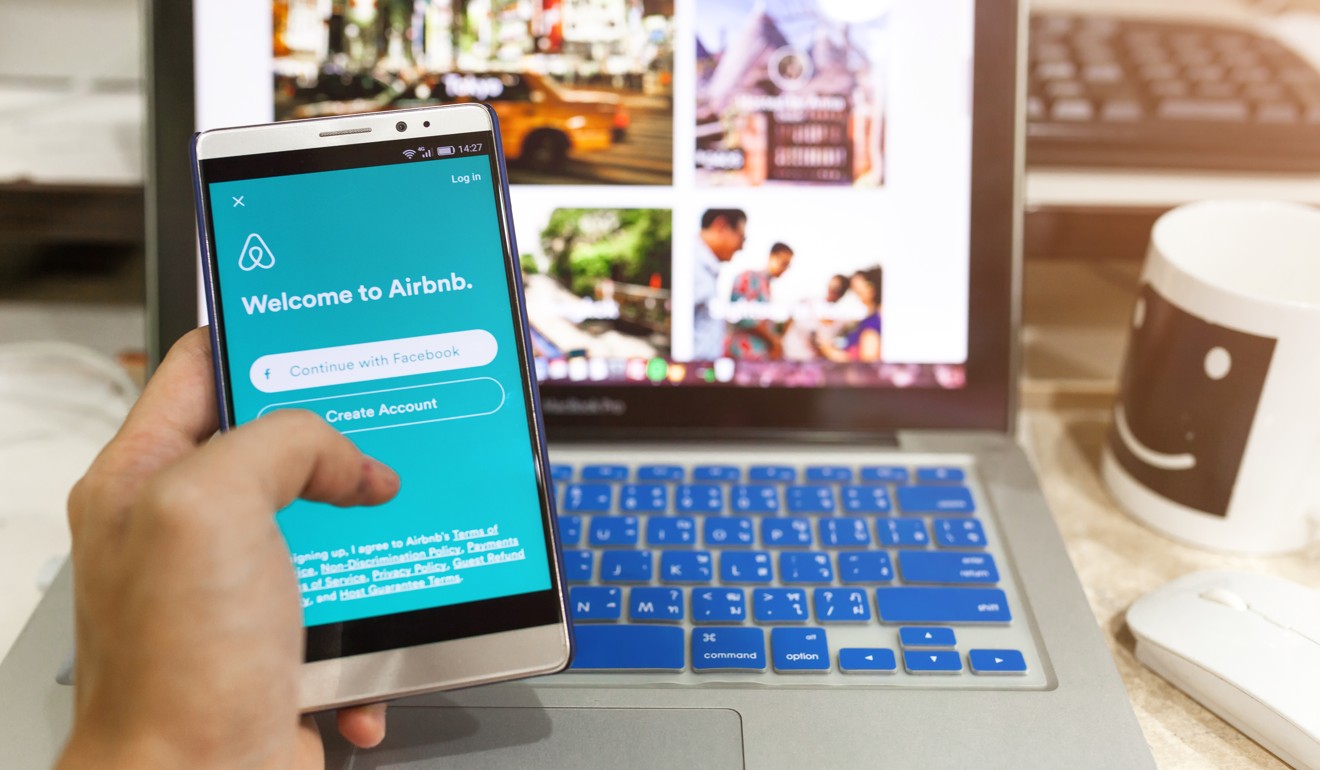
Disrupting an industry
In 2011, Airbnb boasted of being in 89 countries and of booking more than a million nights’ lodgings. The start-up becomes a Silicon Valley “unicorn” valued at a billion dollars based on some US$112 million pumped into it by venture capitalists. In June 2012, Airbnb announced that more than 10 million nights of lodging have been booked on its service, with some three-quarters of that business coming from outside the US.
In 2012, Airbnb got hit with the problem of some guests leaving homes in dismal condition due to parties or other raucous activities, so the start-up put in place a million-dollar damage coverage policy as a “Host Guarantee”.
In September 2016, Airbnb raised funding that values the company at US$30 billion. In November 2016, Airbnb launched Trips, tools that tourists can use to book local offerings or happenings.
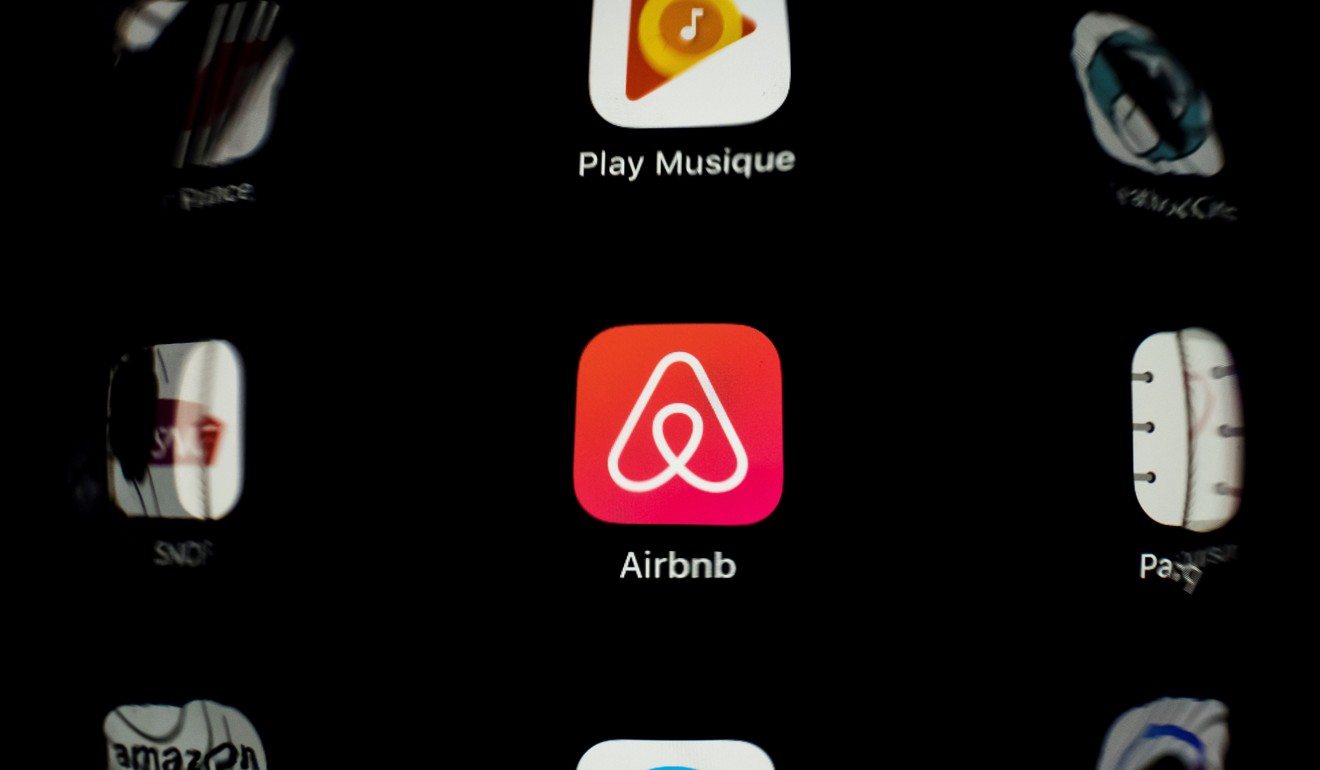
Growth, and backlash
Trouble first started for Airbnb when cities and landlords cracked down on “hosts” essentially turning homes into hotels. In late 2016, Airbnb implemented policies aimed at preventing racial discrimination by hosts and created a permanent team aimed at fighting bias, following growing complaints.
In early 2017, Airbnb announced plans to double its investment in China, triple its workforce there and change its name to “Aibiying” in Chinese.
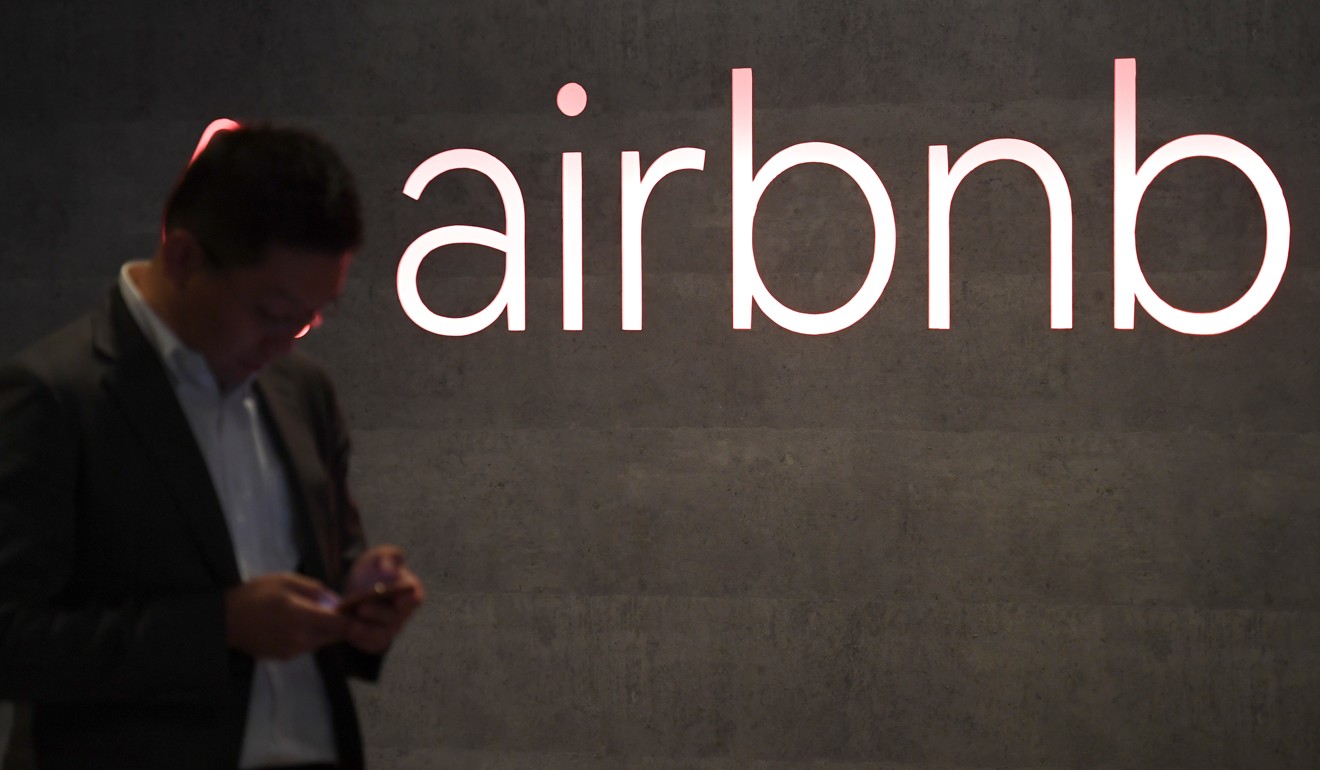
In September 2017, Airbnb teamed with Resy, which becomes a minority shareholder in the new venture, to offer table reservations at 700 restaurants in 16 US cities.
Airbnb is reported to have made a profit of US$93 million on US$2.6 billion in revenue in the year 2017.
Why mastering social media in China is a must for luxury brands
In 2018, battling a global backlash against “sharing economy”, with start-ups disrupting traditional industries, Airbnb was forced to cancel thousands of reservations in Japan to comply with a new law regulating short-term rentals.

.png?itok=arIb17P0)